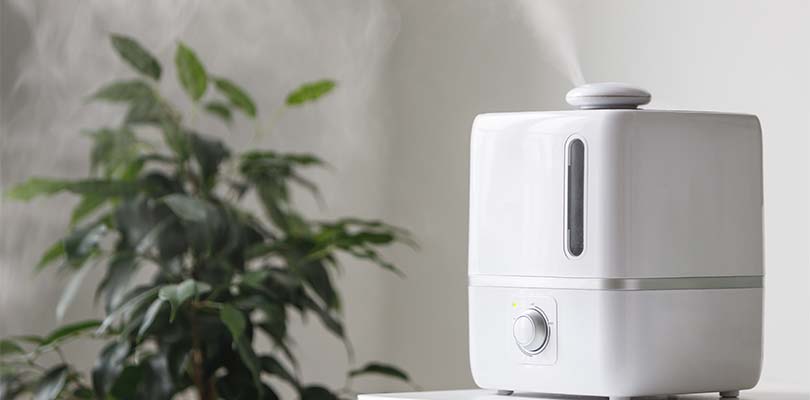
Photo Credit: milosljubicic / istockphoto.com
4. Herbal Remedies
Herbs, vitamins, and supplements can have powerful effects (which is why you should always talk to your doctor before taking any “natural” compound), and quite a few have been known to improve lung function. Not every asthma patient will find relief, but many report that gingko, lobelia, boswellia, butterbur, and mullein have helped to alleviate their asthma symptoms. Caffeine is a mild bronchodilator, and the theophylline in tea is actually an ingredient in some prescription drugs for asthma. Supplements in pill form can be helpful, but it’s vital that you use high-quality products in the recommended amounts, and pay close attention to any side effects.
Some people ask themselves, can you grow out of asthma? Not exactly. Here is why some people may seem like they outgrow asthma.







